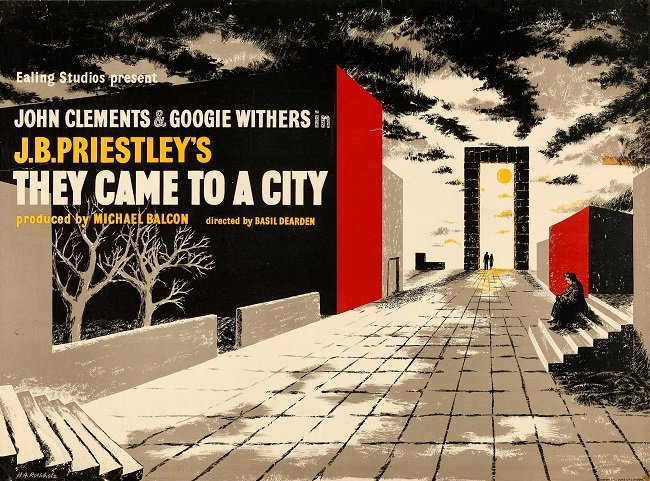The Medusa Touch (1978)
The Medusa Touch is a paranormal thriller based on the novel by Peter Van Greenaway. It has been one of my favourite films since I first saw it on TV in the mid-eighties. It left a lasting impression upon my young mind with its very British sense of style and narrative understatement. Being a joint British and French co-production some interesting changes were made to the original story to suit an international audience. The British Police Inspector from the book becomes a French Officer (played by Lino Ventura) on administrative exchange. The gender of the psychiatrist Zondfield also changes from male to female to accommodate American actress Lee Remick. The screenplay also reduces the role of the church in the storyline and updates several topical references.
Richard Burton plays John Morlar, the misanthropic novelist who refuses to die after being violently assaulted in his flat. As Inspector Brunel investigates, he discovers that Morlar has been surrounded by tragedy and disaster all his life. These include the death of his parents, the burning down of his school and his wife’s death in a road traffic accident. Furthermore the evidence indicates that Morlar's malevolence influence may have directly caused these events. Despite being critically injured and confined to a hospital bed, Morlar’s brain activity becomes stronger and stronger. Inspector Brunel becomes increasingly concerned that Morlar may well pose threat to the “establishment” that he hates so much.
Burton's performance in The Medusa Touch is everything that you would expect. He’s ideally cast as a bitter and cynical man, tortured by the gift for disaster that has dominated his life. The film further bolstered by a wealth of British character actors such as Harry Andrews, Gordon Jackson and Michael Horden. All acquit themselves well. The screenplay by John Briley (who also wrote Gandhi and Biko) is sombre and concise. The character of John Morlar has some splendid barbed and pithy dialogue. The strong narrative steadily builds a sense of tension, climaxing when Morlar's telekinetic powers cause "Minster Cathedral" to collapse. The air of mystery is maintained even at the films denouement and we are never fully given a comprehensive explanation of Morlar’s powers. To do so would diminish the movie.
The Medusa Touch is well crafted film for its time and budget. Director Jack Gold gets the most from a strong cast and paces the story well. Although the film is not overtly violent it does have an inherently creepy quality to it. Michael J. Lewis's score is very evocative and very much a product of the time. However a major set piece of the film involving a jet plane crashing into a tower block, does now cause a little unease due to its prophetic nature. I remember UK national newspaper The Daily Mail featuring a centre page article as to how this sequence was filmed by stalwarts of the UK effects industry, Nick Allder and Brian Johnson. The collapsing cathedral in the films finale is relatively minimalist and shows sufficient to make its point.
The Medusa Touch reflects the style of genre film making of the times. A movie of this kind today would be loaded with extravagant set pieces and would need a strong hand in the director’s chair to rein in its excesses. Back in 1978, dialogue and performances were still considered far more effective tools to convey disastrous events. The bleak and cynical tone of The Medusa Touch along with Burton’s performance again show that film makers at the time didn’t feel compelled to provide the audience with a happy ending. So if you prefer a slow burn over shocks and violence then The Medusa Touch may well entertain you. It is an odd beast that straddles several genres, yet its earnest approach and Burton’s screen presence make it more than interesting.




























